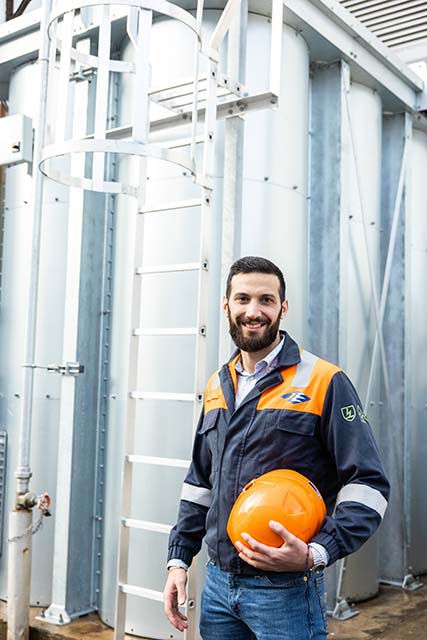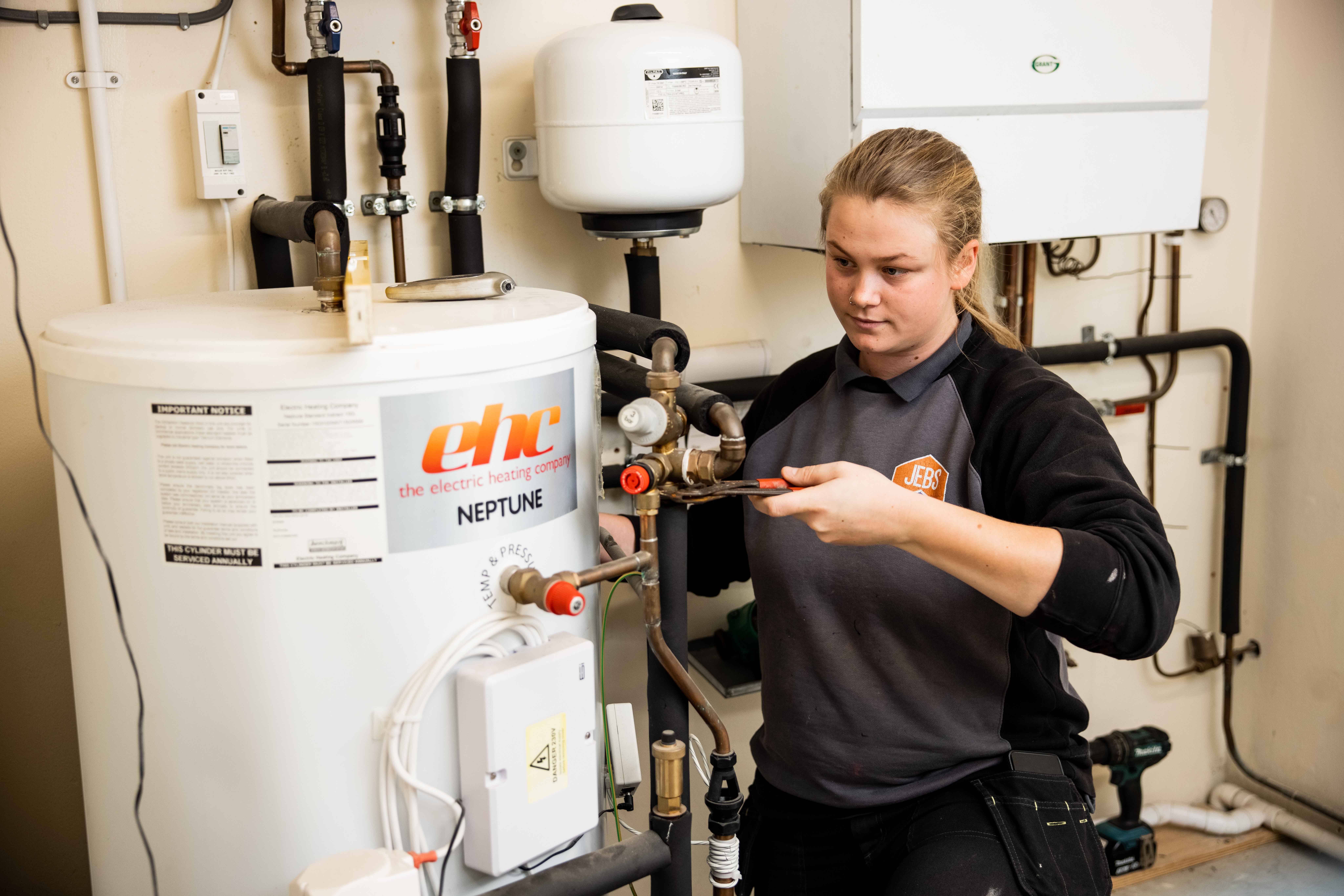Gavin
Gavin's STORY
Code Change Lead
National Gas
Gavin is a Code Change Lead within the Market Change team at National Gas Transmission, who own and operate GB’s high pressure gas network, delivering gas to power stations, major industry, businesses and homes.
What do you do, and where do you do it?
I am a Code Change Lead within the Market Change team at National Gas Transmission, who own and operate GB’s high pressure gas network, delivering gas to power stations, major industry, businesses and homes. I work flexibly between head office and from home.
The gas energy code (known as the Uniform Network Code, or UNC) is essentially a contractual framework that underpins the gas market. As the UNC is a live document, it can be changed as the sector evolves to ensure continued compliance. My role is primarily to lead UNC modifications, adhering to a robust governance process comprising of multiple energy stakeholders including wider industry, the Code Administrator, Panel and Ofgem.
Why is your role important? Why is it important to the company/ the people of the UK/ the UK economy?
The UK’s energy landscape is rapidly changing and maintaining energy security, sustainability and affordability (“the energy trilemma”) is of particular significance right now during this evolution.
Complex sector change required to achieve both clean and affordable energy security can impact a range of parties and must therefore be carefully managed. I am extremely passionate about decarbonisation, which is of societal importance globally to reduce greenhouse gas emissions, and I am proud to contribute towards this through my role as a Code Change Lead.
Which parts of the job do you enjoy most / find most rewarding?
As a Code Change Lead, I work on a range of code modifications and projects which offers plenty of variation and interest. Recent modifications aim to deliver novel methods of increasing green gas onto the network and I have also raised the first UNC Derogation, which aims to facilitate an innovative hydrogen blending trial.
I also enjoy working with a wide range of stakeholders, both within the business and across the wider industry, benefitting from diversity of backgrounds and perspectives to enable effective decision-making. Forging robust relationships and managing code changes end-to-end collaboratively is an extremely rewarding element of my job.
What path did you use to get to the position you hold today?
I graduated from the University of Birmingham with a BSc in Environmental Science and then held several environmental roles in consultancy and construction before studying for a PhD which investigated climate change induced ecological impacts. I joined my current role from a full-time position outside of the industry.
What did you do before?
Before joining the energy industry, I worked within the education sector where I held a leadership role and studied change management.
What attracted you to join the energy and utilities sector?
We all rely on energy to heat our homes and keep the lights switched on, so a career in the energy sector is one where you can make a real difference to people’s lives. Recent geopolitical events and ambitious decarbonisation targets have and continue to evolve the sector, and it is an extremely exciting time to be involved.
What do you think of the career prospects? Have you had much training and development?
The energy sector offers a life-long career with endless opportunities to develop knowledge and gain new skills. Approximately 70% of adult learning is gained through on-the-job experience and it is certainly true that I have developed an extensive breadth of industry knowledge since starting my energy career. I have also had the opportunity to undertake formal external and internal training programmes, have visited strategic energy sites across the UK, and have continued access to professional development learning opportunities.
What does an average day consist of?
My role is office-based, and I work flexibly between home or head office. On a typical day, I am working on multiple projects, each at various levels of completion and with individual deadlines. I work with a wide range of stakeholders on these workstreams and typically attend several hybrid meetings in order to progress these as required. I attend industry workgroups on a monthly basis which provide a useful platform for industry engagement.
Would you recommend your job to a friend and why?
I would absolutely recommend my role if you enjoy working collaboratively with a range of stakeholders to solve complex and varied challenges, and have a love of learning and continuous development. The energy sector offers a rewarding career, and you can make real tangible change.























































































































